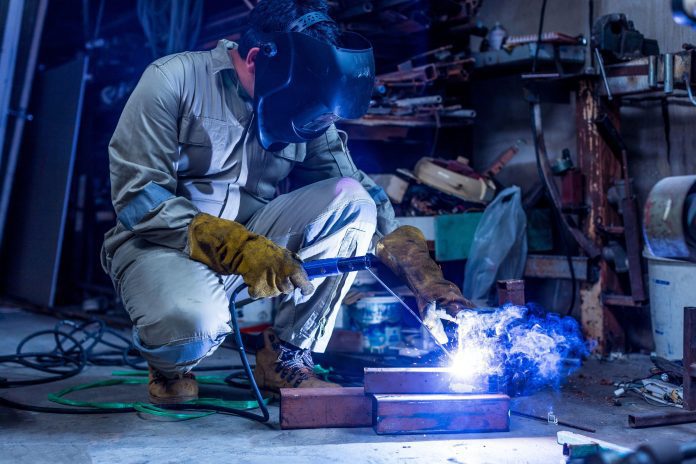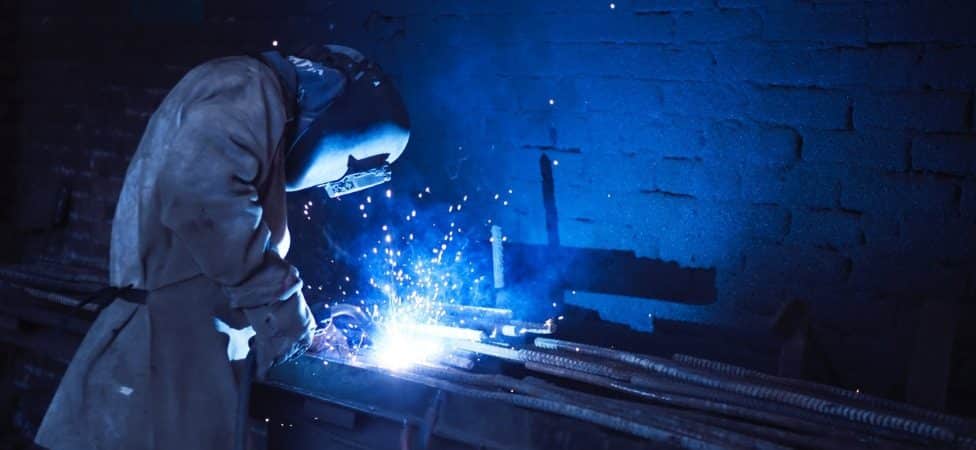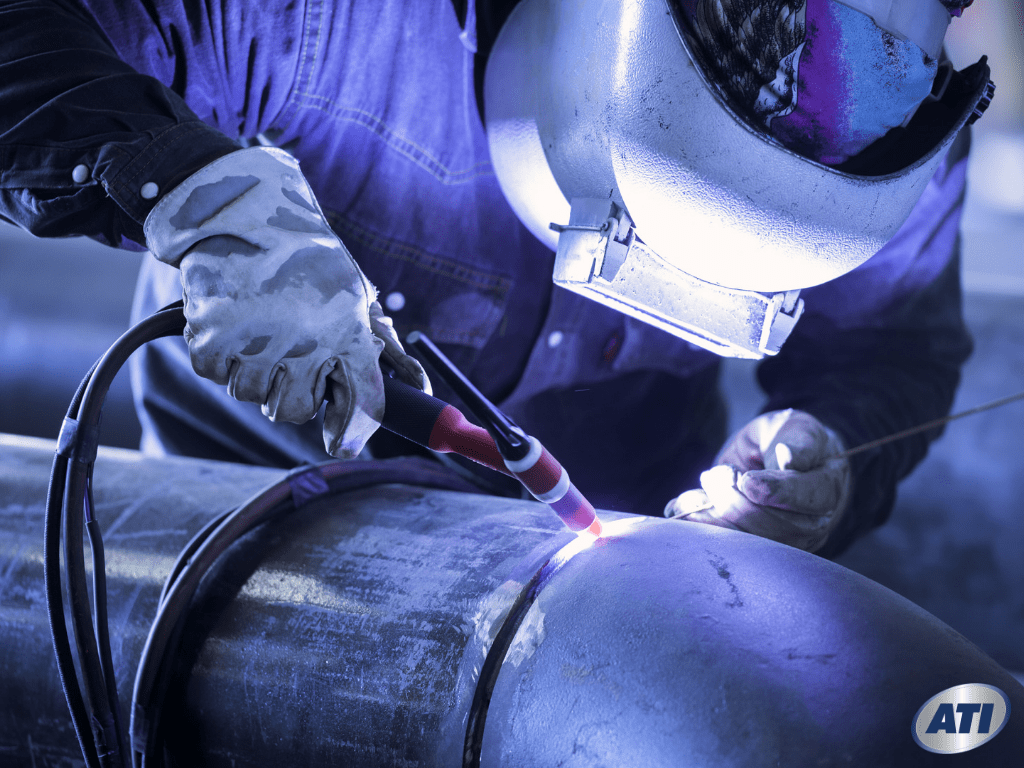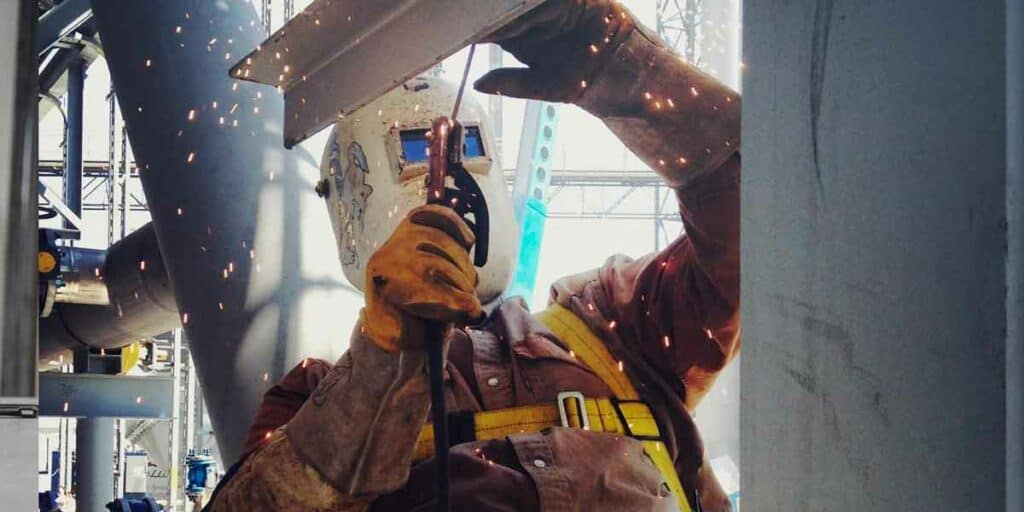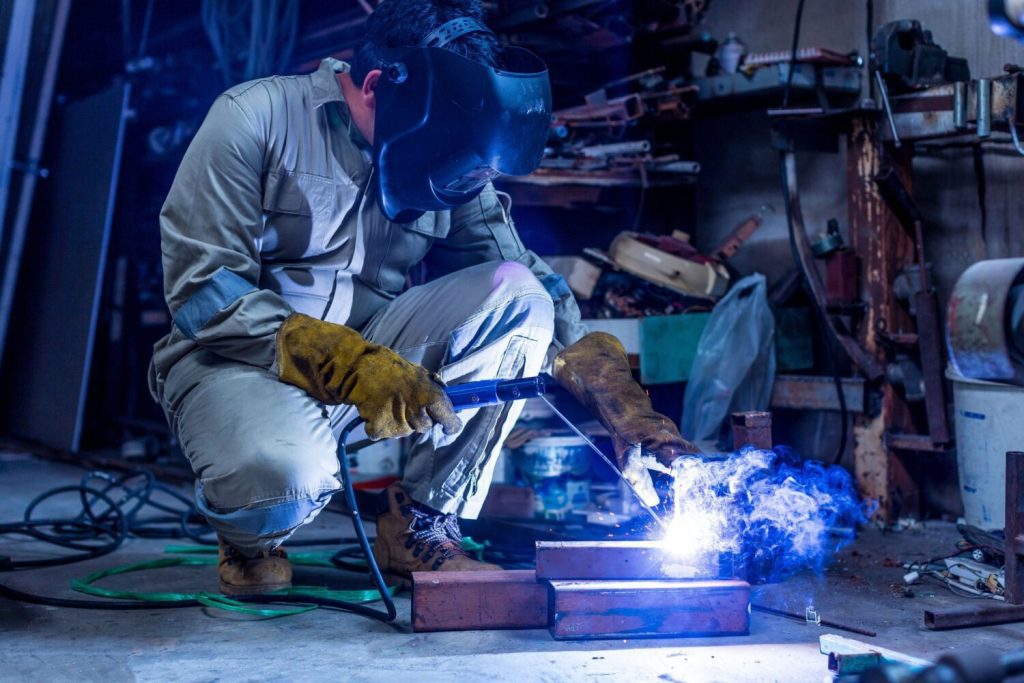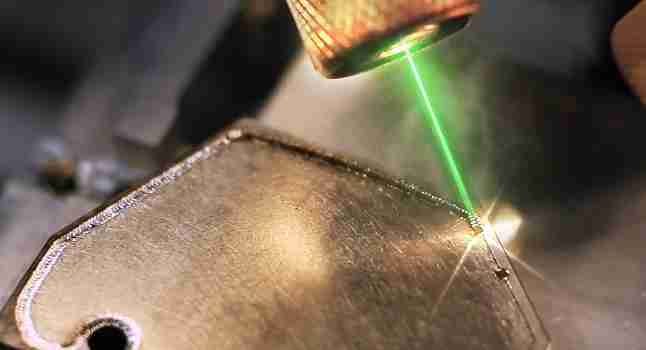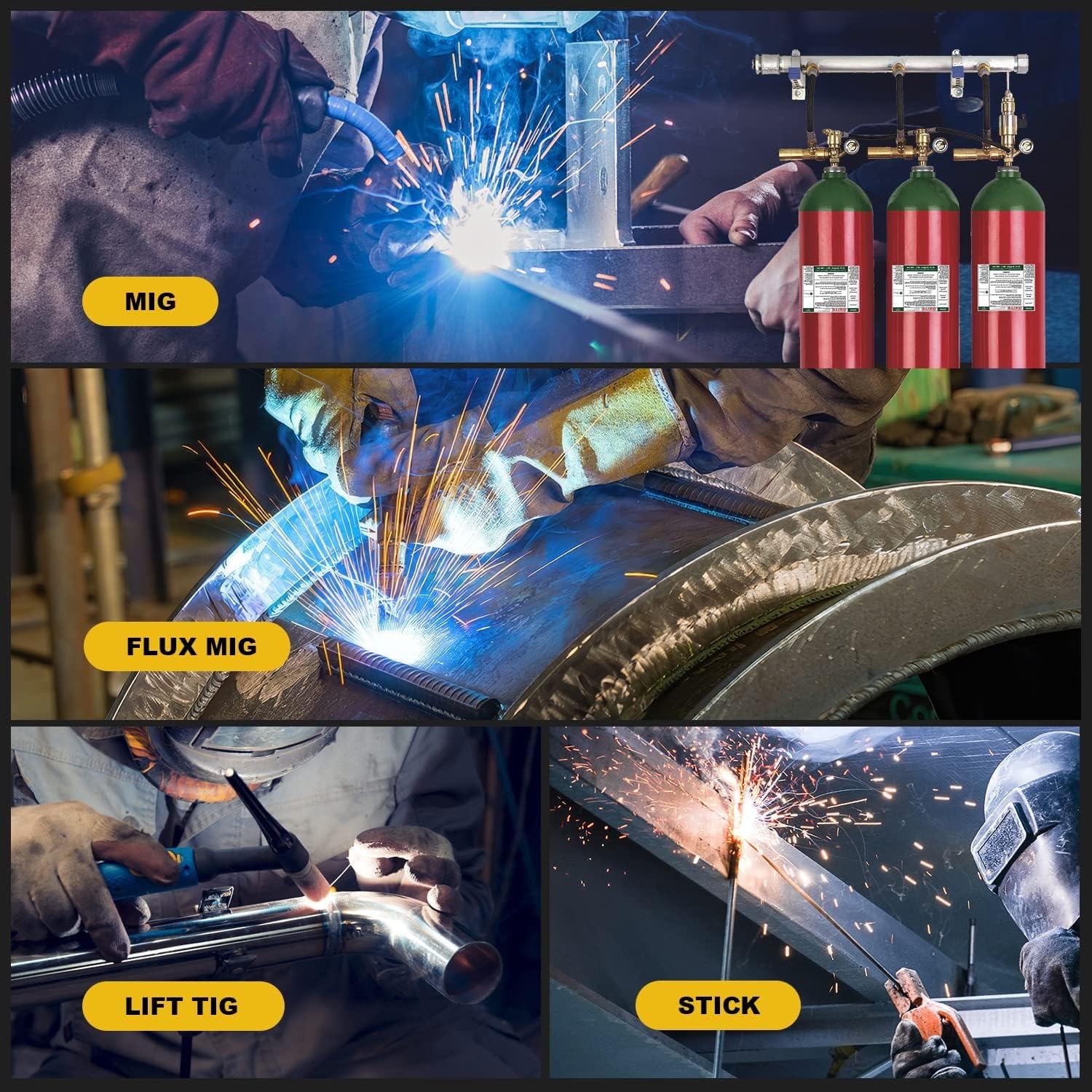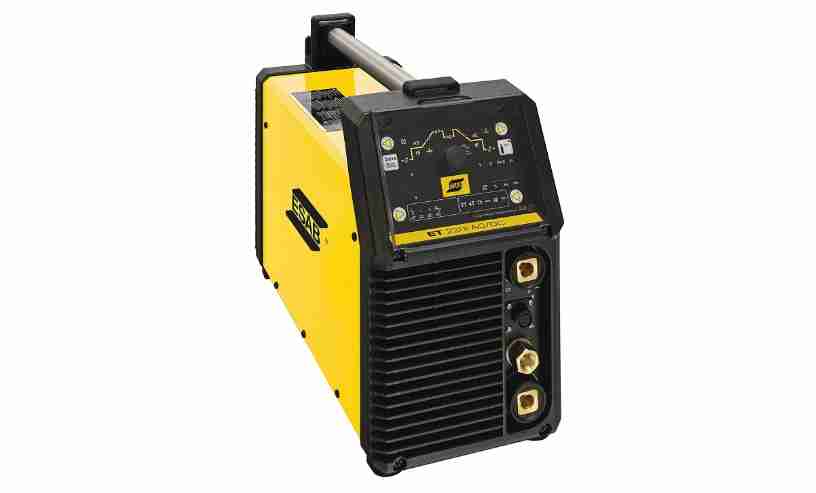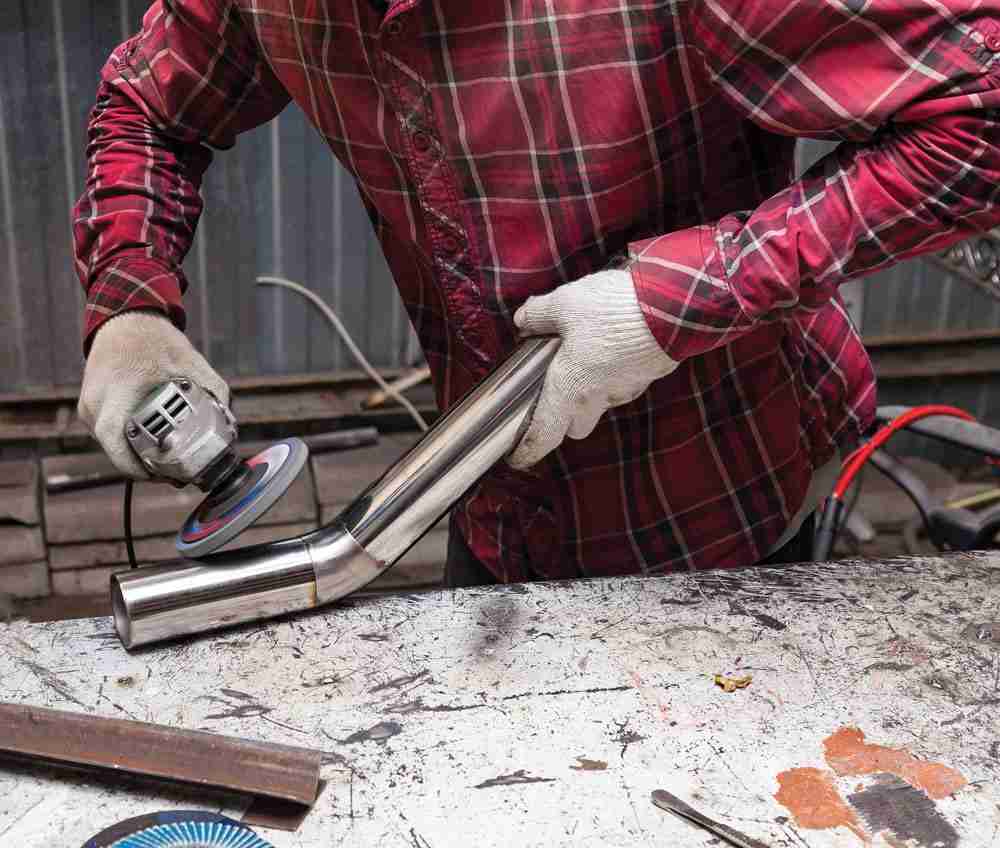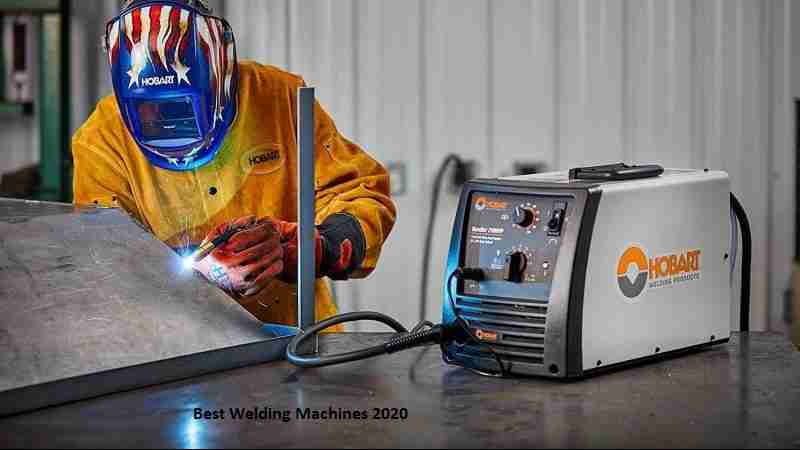Are you seeking a rewarding career path that offers stability and growth opportunities? Look no further than the world of welding.
With its hands-on nature and constant demand, welding is an excellent choice for those seeking a fulfilling and prosperous career.
This article explores why welding can be a wise career choice, highlighting the potential for high salaries, job security, and the chance to work on diverse and exciting projects.
Discover how welding can open up a whole new world of possibilities for you.
What is Welding?
Definition
Welding is a process that involves the joining of two or more materials, typically metals, by applying heat and pressure to create a strong bond.
By melting the base and filler material, welding allows for the formation of a cohesive joint that can withstand significant stress and load. This versatile technique finds applications in various industries, from construction and manufacturing to automotive and aerospace.
Types of Welding Processes
There are several different types of welding processes, each offering unique advantages and applications. Some of the most common welding processes include:
- Arc Welding: This process involves using an electric arc between an electrode and the base material to form a weld. It is one of the most widely used welding techniques due to its versatility and cost-effectiveness.
- MIG (Metal Inert Gas) Welding: MIG welding utilizes a wire electrode to create an electric arc, which simultaneously melts the electrode and the base material. An inert gas, such as argon or helium, shields the molten metal from atmospheric contamination.
- TIG (Tungsten Inert Gas) Welding: TIG welding utilizes a non-consumable tungsten electrode to generate the arc. A separate filler material is added if necessary. TIG welding is known for its precision and aesthetic appearance, making it suitable for applications that require exceptional weld quality.
- Resistance Welding: As the name suggests, resistance welding involves using electrical resistance to generate heat for welding. This process is commonly used for various materials’ spot welding, projection welding, and seam welding.
- Laser Welding: Laser welding uses a highly focused laser beam to melt and combine materials. This technique offers precise control over the welding process and is often used in high-quality, high-speed welding applications.
These are just a few examples of the many welding processes available. Each process has its advantages and is suited for specific applications based on material type, joint design, and desired weld quality.
Job Market for Welders
Current demand
The demand for skilled welders is currently on the rise. With advancements in technology and an increasing need for infrastructure development, the construction, manufacturing, and automotive industries, among others, require a substantial workforce of welders to meet their needs.
The Bureau of Labor Statistics (BLS) predicts steady growth in the welding field, with a projected 3% increase in employment opportunities over the next decade.
Salary Potential
Welders enjoy favorable salary potential, especially considering the relatively short duration of training required to enter the field. According to the BLS, the median annual wage for welders, cutters, solderers, and brazers was $44,190 as of May 2020.
Wages can vary based on location, industry, experience, and certifications. Welders with specialized skills and certifications may command higher salaries, making welding an attractive career choice for those seeking financial stability.
Skills and Education Required
Technical skills
A robust set of technical skills is crucial to excel in a welding career. These include:
- Welding Techniques: A welder must possess expertise in various welding processes, such as arc welding, MIG welding, TIG welding, and more. Proficiency in different techniques expands job opportunities and enables welders to adapt to the specific requirements of different projects.
- Blueprint Reading: Welders must interpret and understand detailed blueprints and welding symbols. This skill enables them to accurately follow instructions and produce welds that meet the required specifications.
- Metal Properties and Weldability: Knowledge of different metals, their properties, and weldability is vital for selecting the appropriate welding process and filler material. Understanding the science behind welding helps achieve the desired strength and integrity of the weld.
Certifications and training
While some entry-level positions may require only a high school diploma or equivalent, obtaining certifications and completing specialized training programs significantly enhances job prospects and earning potential. Certification programs, such as those offered by the American Welding Society (AWS), validate a welder’s skills and knowledge in specific welding processes.
Additionally, vocational schools, community colleges, and trade programs offer comprehensive training in welding techniques, safety protocols, and the use of welding equipment. These programs provide hands-on experience and prepare individuals for a successful career in welding.
Physical requirements
A career in welding requires individuals to meet specific physical demands. Welders often work in physically demanding environments, standing for extended periods, lifting heavy objects, and working in various positions.
Good hand-eye coordination and manual dexterity are essential for precise welds, as well as the ability to withstand the exposure to bright lights, high temperatures, and potential hazards associated with welding processes.
Advantages of a Welding Career
Job stability
One significant advantage of a welding career is the job stability it offers. As long as there is a need for infrastructure, manufacturing, and repair work, the demand for skilled welders will remain strong.
Welders often find themselves in high demand in urban and rural areas, allowing for job security and growth opportunities.
Opportunities for advancement
Welding offers numerous opportunities for career advancement. With experience and additional training, welders can progress to become supervisors, inspectors, or project managers.
These roles come with increased responsibilities and higher earning potential. Moreover, welders can specialize in specific industries or welding processes, establishing themselves as experts in their respective fields.
Versatile industry
The versatility of the welding industry allows welders to work in various sectors, including construction, manufacturing, automotive, aerospace, and more. This diversity enables welders to explore different industries based on their interests and preferences.
Whether building structures, fabricating machinery, or contributing to cutting-edge technologies, welders can shape their careers according to their aspirations.
Challenges of a Welding Career
Physical Demands
While the physical demands of welding provide certain advantages, they can also pose challenges. The nature of the job often requires welders to work in uncomfortable positions for extended periods. This can lead to fatigue and physical strain, which may require maintaining a healthy lifestyle and practicing appropriate self-care to prevent injuries and ensure long-term well-being.
Safety risks
Welding involves inherent safety risks that need to be adequately managed. Exposure to intense heat, sparks, and fumes requires welders to use appropriate personal protective equipment (PPE), such as welding helmets, gloves, and respiratory protection. Additionally, following safety protocols and maintaining a clean and organized workspace is crucial to minimize the risk of accidents and injuries.
Job Prospects in Various Industries
Construction
The construction industry heavily relies on welders for various projects, including building and repairing bridges, highways, pipelines, and structures. As infrastructure needs continue to grow and evolve, construction companies seek skilled welders to contribute to these critical projects.
Manufacturing
Manufacturing sectors, such as automotive, aerospace, and machinery production, employ welders to assemble and fabricate components. Creating strong and durable joints is essential in manufacturing, where welders contribute to producing vehicles, aircraft, and industrial machinery.
Automotive
Welding plays a vital role in automotive manufacturing and repair. From assembly lines to collision repair shops, welders are responsible for ensuring the structural integrity of vehicles.
As the automotive industry evolves to include electric vehicles and advanced materials, the demand for skilled welders in this sector continues to grow.
Welding Career Paths
Pipeline welding
Pipeline welding involves constructing and maintaining pipelines used for transporting oil, gas, and other fluids. This specialized field requires welders to work in challenging environments, often outdoors and under extreme conditions. Pipeline welding offers lucrative opportunities and the chance to work on large-scale projects.
Structural welding
Structural welding involves the fabrication and erection of structural components used in buildings and infrastructure projects, such as beams, columns, and trusses. Structural welders must possess excellent welding skills and be familiar with blueprint reading and welding codes to ensure the integrity and safety of structures.
Underwater welding
Underwater welding combines welding expertise with diving skills. Underwater welders, also known as commercial divers, perform welding and cutting operations in underwater environments. This demanding career path requires specialized training in both welding and commercial diving techniques.
Welding and Technology
Automation
Advancements in automation have impacted the welding industry, with robotic welding becoming increasingly prevalent. Robotic welding systems offer increased efficiency, precision, and productivity. However, this does not replace the need for skilled human welders. Instead, it creates opportunities for welders to work alongside robots and oversee automated welding processes.
Robotics
Robotics and automation have also revolutionized the manufacturing sector, including the welding industry. Collaborative robots, known as cobots, can assist welders with tasks such as material handling, repetitive spot welding, and other tedious operations.
Integrating robotics and welding technology enhances productivity and allows welders to focus on more complex and critical aspects of the welding process.
Alternative Welding Careers
Welding Inspector
A welding inspector examines welds to ensure they meet quality and safety standards. They inspect welds for defects, verify compliance with welding codes, and document their findings.
Becoming a welding inspector typically requires additional certifications and specialized training beyond basic welding skills.
Welding instructor
Experienced welders often transition into teaching roles, becoming welding instructors. They share their knowledge, skills, and expertise with aspiring welders, providing instruction and hands-on training.
Welding instructors may work in vocational schools, community colleges, or trade schools and have the opportunity to shape the next generation of welders.
Welding sales representative
For individuals with a passion for both welding and sales, a career as a welding sales representative offers an alternative path.
Sales representatives in the welding industry promote welding equipment, consumables, and related products to businesses and customers. They leverage their subject matter expertise to educate potential customers and establish strong customer relationships.
Conclusion
Welding presents a promising career choice for those looking for stability, opportunities for advancement, and a versatile industry to grow in.
While it demands physical endurance and awareness of safety risks, the work’s rewarding nature and the potential for a good salary make welding an appealing choice. Whether pursuing a career in pipeline welding, structural welding, or underwater welding, the options are diverse.
Furthermore, advancements in automation and robotics continue to shape the welding industry, creating new opportunities for skilled welders to excel and contribute to the future of welding.


